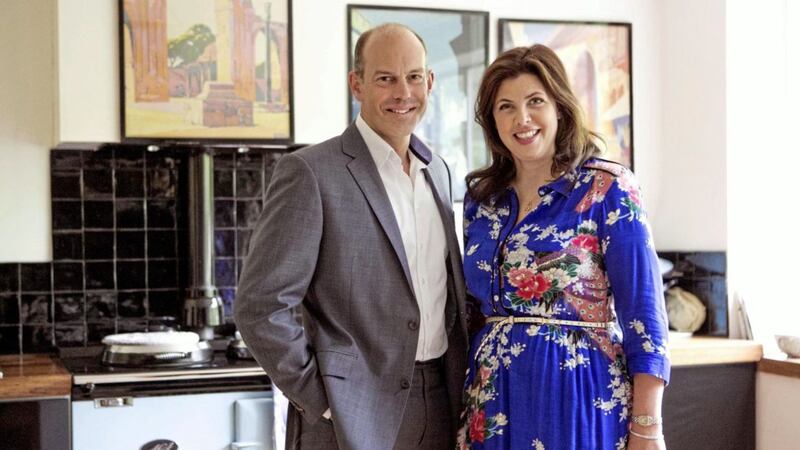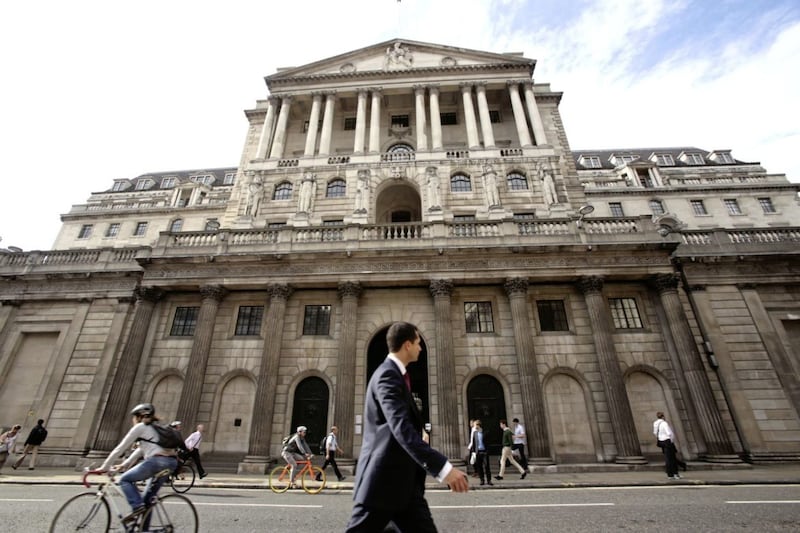GIVEN the current low interest rates being returned on cash savings and the relatively low cost of borrowing at a variable rate, this week we look at whether now is the time to invest in property.
The recent stamp duty holiday on the purchase of most properties has created a potentially very generous incentive for those who are in a position to make a move. Some estate agents are reporting a “mini boom” as a result. Investment property purchases with no chain may not have looked so appealing for quite some years.
So how do you decide whether to invest in property, or to stick with a more diversified portfolio of assets?
Here are a few things to consider.
Fans of Phil and Kirsty will know it’s all about Location. While some of us plump for a holiday home abroad, an investment in property for most people will be an investment which is geographically local to them (and under the current circumstances, now maybe more than ever).
From the perspective of risk (which should always be a key consideration in any investment), investors need to bear in mind whether an investment in UK or Irish property would leave them too exposed to the ups and downs of that individual economy.
This needs to be contrasted with the alternative of investment in a diversified portfolio which can gain access to a globally focused portfolio of equities bonds and other assets. It could be argued that such a global investment strategy reduces the risk by investing across geographies and territories.
For those who like to obsess over current values, one of the key things with a portfolio is that you can track its value every day if you so wish. The downside of this, of course, is that the closer you study it and the more regularly you check, the more volatile it is likely to appear.
With a property investment, valuations are usually done quite frequently through comparison websites, but they are not in real time and the only time you get to see the value of the investment is on the day of sale. While this can make property seem like a less volatile investment, there is a chance that the lack of daily valuation may be masking a different reality with the individual property you may decide to invest into.
Property can be a more sluggish and cumbersome sale and purchase process so this lack of agility can be off-putting for those looking for quick wins or a sharp exit.
Ultimately, the choice between property and an investment portfolio doesn't have to be an either/or question. In the last 15 years we have seen the full cycle of a rise in property values, a subsequent crash and a recovery.
Likewise, with equities, we have also seen the longest period of growth on record over the same time. We have also never experienced a global pandemic affecting economies all over the world.
There is nothing certain in investment other than the knowledge that investments can go down as well as up. The best advice is always to build a diversified portfolio of assets or to put it simply, don't put all your eggs in one basket (no matter how good the location).
Jonathan Sloan is Head of Wealth, Barclays Wealth & Investments Belfast.








